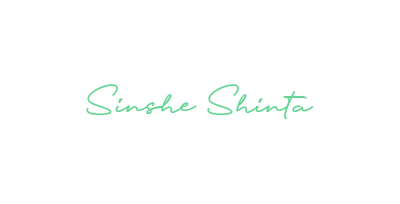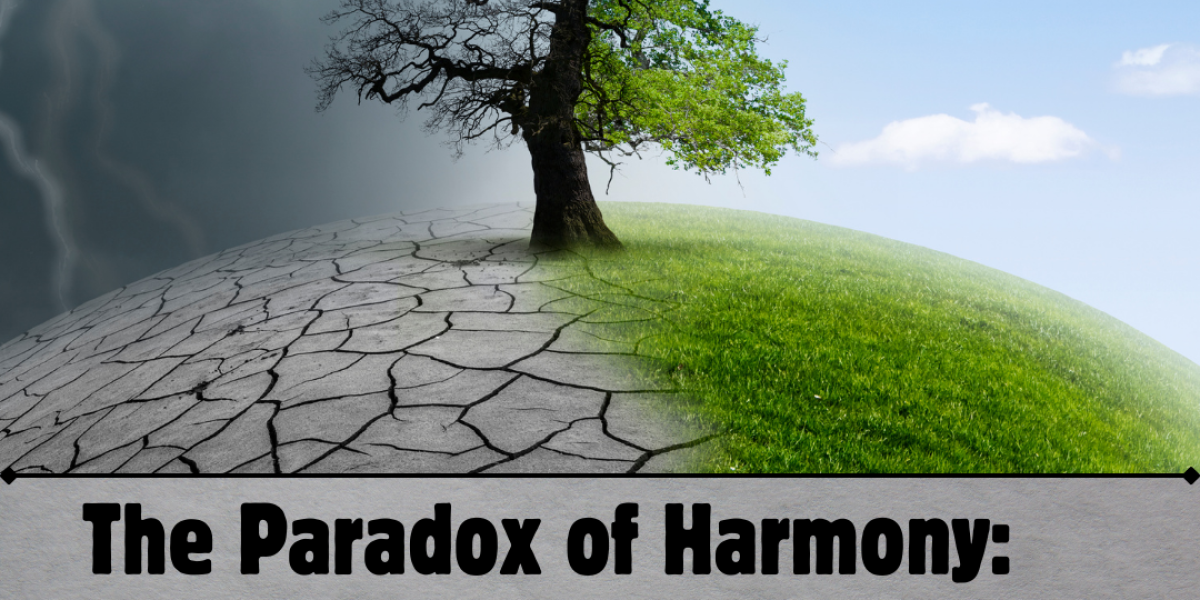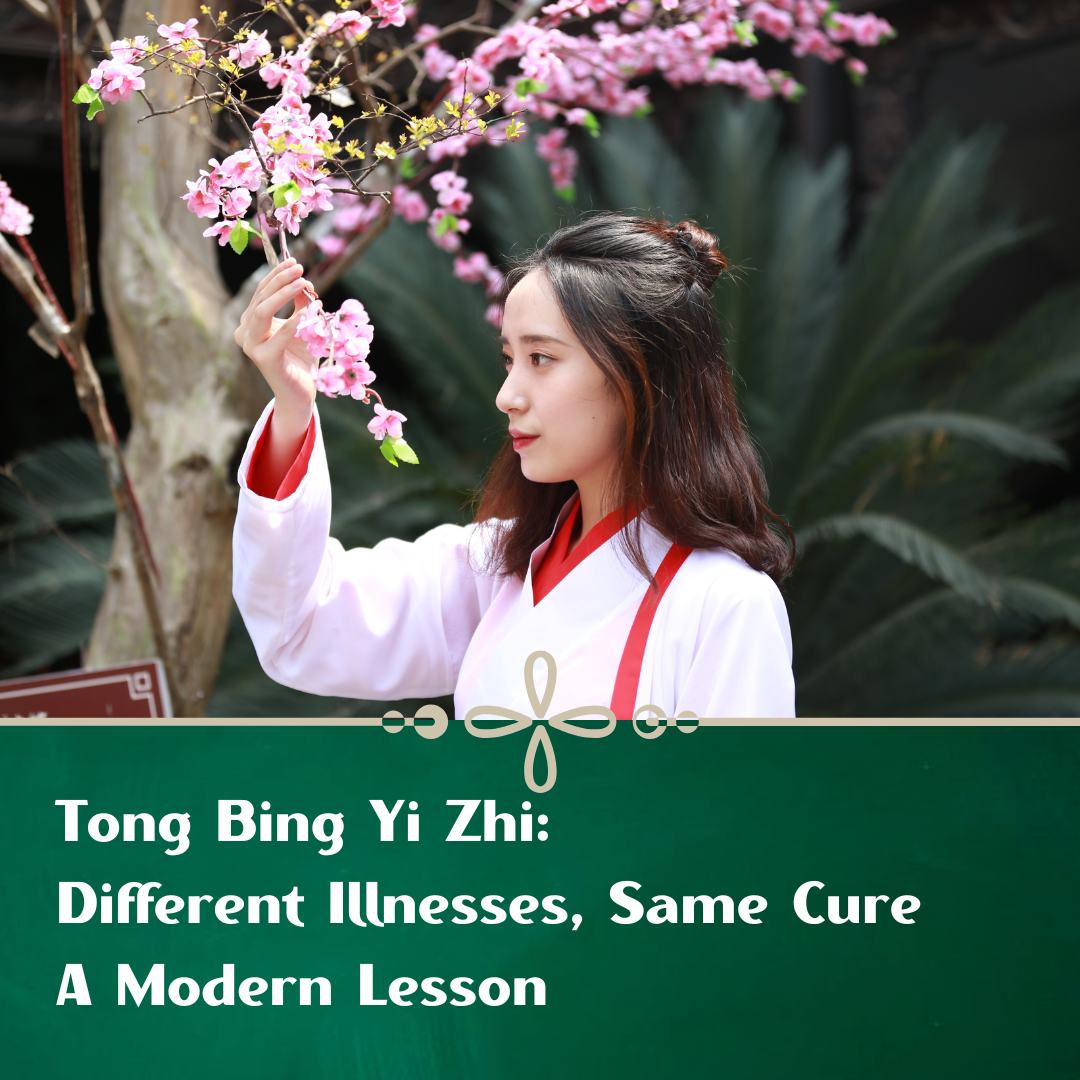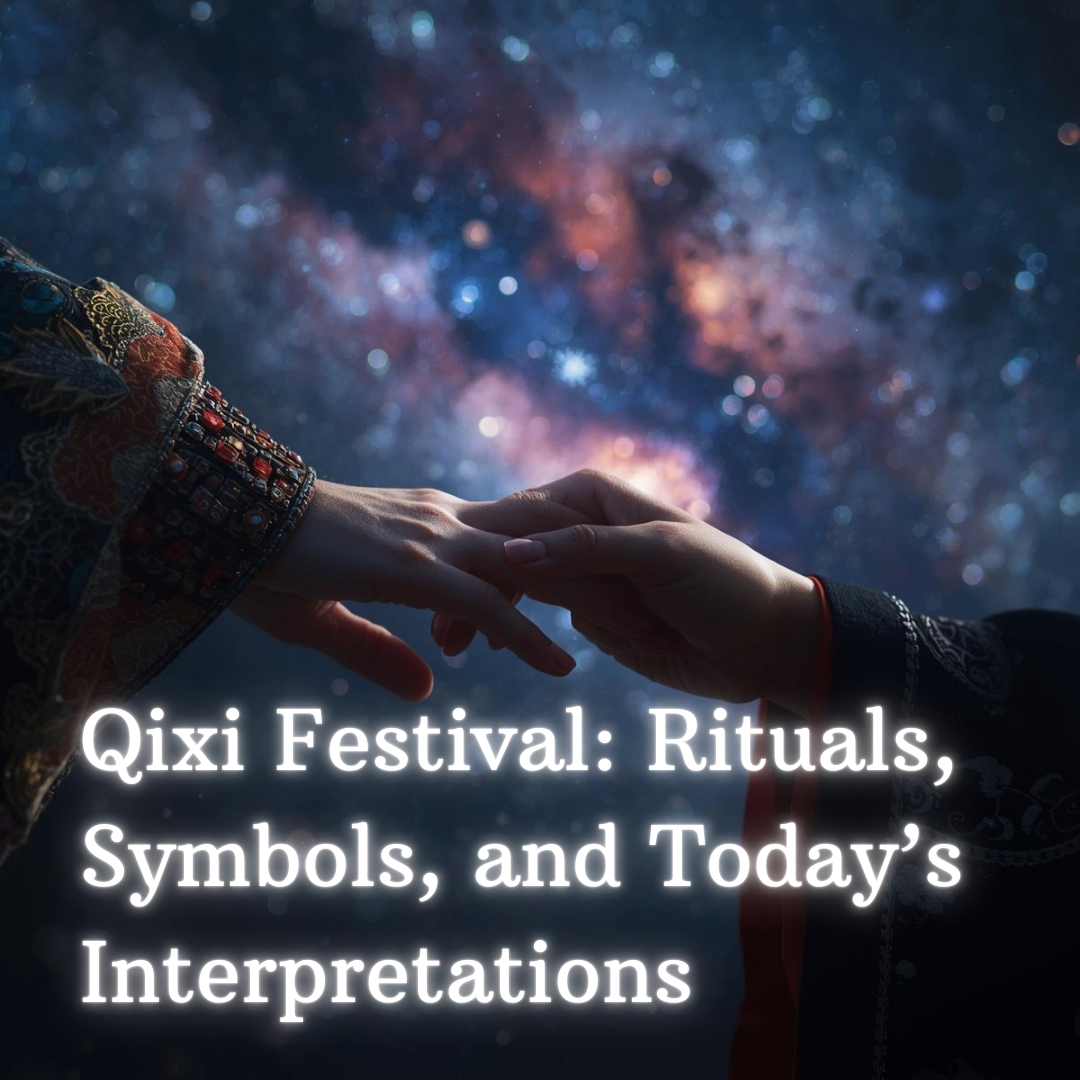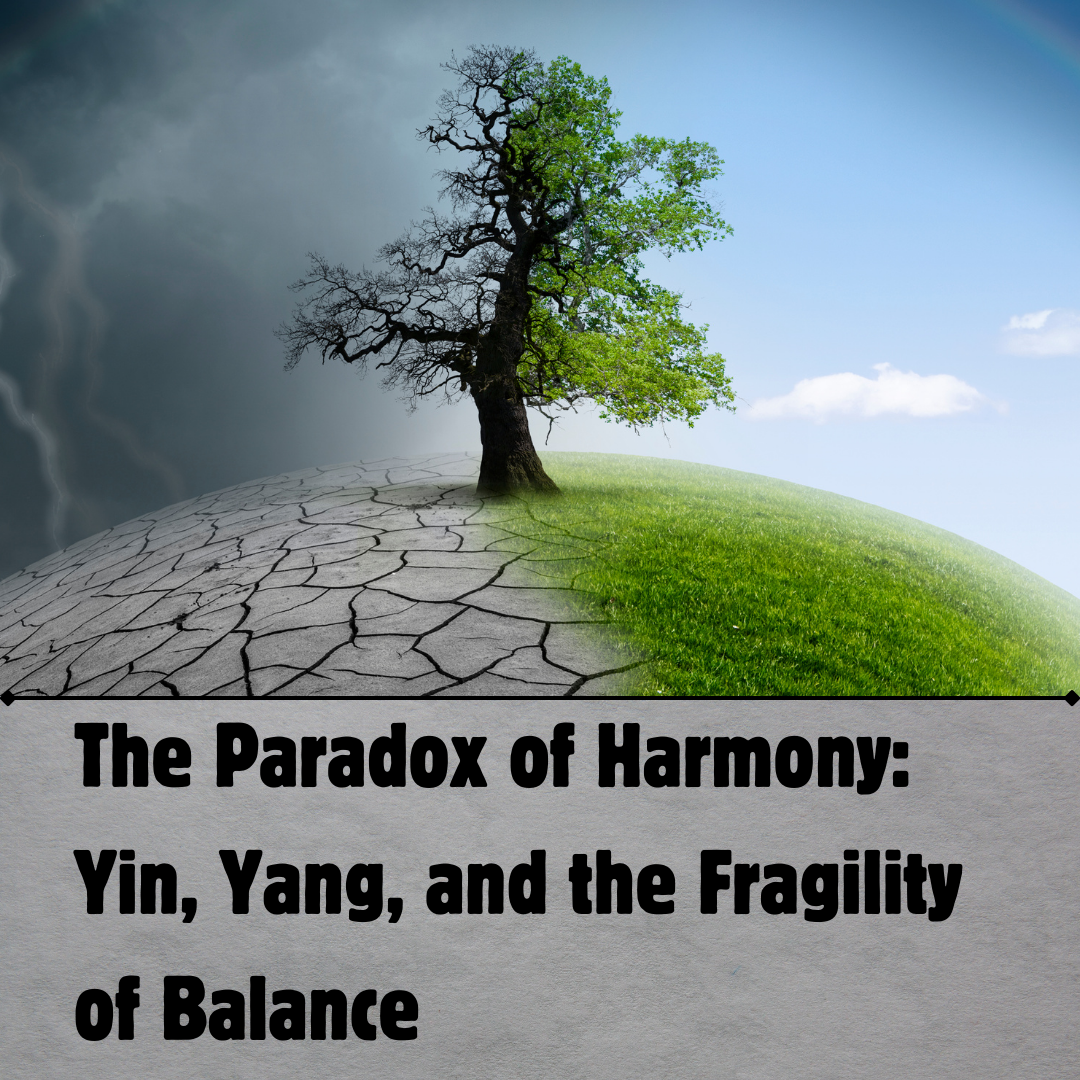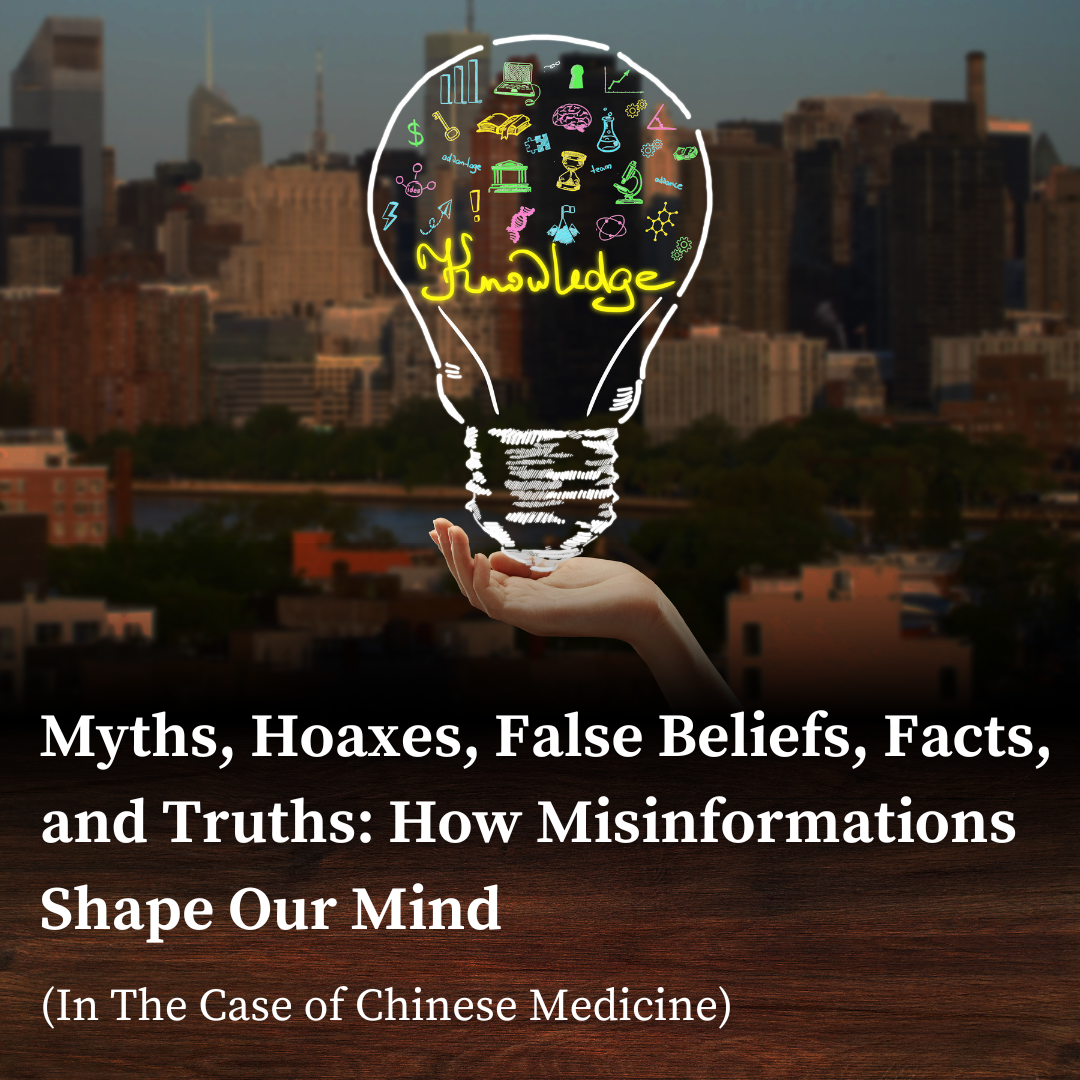Now, you and A, your best friend, are sitting in front of a large laptop screen, preparing yourselves to seriously read about Chinese Medicine.
You move the cursor and mutter softly, “There’s still so much I don’t understand about Chinese Medicine, even though I’m already practicing it to treat my illness. I need to study it more deeply—more thoroughly… and of course, avoid misleading misinformation.”
“As for me, I know nothing at all,” A joked. “If I find things I don’t understand, you’ll have to explain them to me.”
You press the cursor key, opening an article to display on the screen. “My Chinese Medicine practitioner also said he still has to keep learning. So if we don’t understand everything, that’s normal—we’re just beginners. Let’s look for articles that are meant for beginners first.”
The article opens, presenting a series of explanations: what Chinese Medicine is, a brief history, the basic theories that underpin it, methods of examination and diagnosis, as well as therapeutic approaches and their application in clinical practice.
“Hey, here’s something on Yin Yang! I’m most interested in this theory, because my illness was diagnosed as Hyperactivity of Yang due to Yin Deficiency—classic Yin–Yang chaos.” You immediately begin reading all the introductory information about Yin Yang.
“Wow… that’s complicated,” A commented. “It turns out Yin Yang Theory doesn’t just apply to medicine, but also to metaphysics, psychology, science, martial arts, and even modern systems theory.”
“My practitioner once gave me a brief explanation—starting from this Yin Yang symbol,” you point to the Taijitu, the circular symbol divided into black and white teardrop halves, with the S-shaped curve and the dots (the seeds of the opposite): a small white dot within the black half, and a small black dot within the white half. “The white half is Yang, the black half is Yin. Yang includes qualities like active, hot, strong, passionate, working… while Yin refers to passive, cold, calm, resting, and so on. But there are many more categories: Yang is also linked to fire, daytime, the sun, man, masculine, expansive, outgoing… whereas Yin is linked to water, nighttime, the moon, woman, feminine, receptive, inward… It turns out what I mentioned earlier was just a small part—there are so many categories!”
“That’s why it can be applied to different disciplines. It seems Yin Yang is about contradictions—like antonyms.”
“But… look here,” you point to a line in the article. “Yin Yang is not simply about contradiction. If it were only contradiction, it would mean total opposition, without connection. But in Yin Yang theory, contradiction exists alongside an intimate relationship—Yin and Yang need one another, even depend on one another. If Yang is disturbed, Yin is disturbed too. If Yin collapses, Yang collapses as well.”
“There’s contradiction, but also mutual need and dependence? Hmm, so it’s not entirely contradiction. Contradiction really means separation. For example, good and evil. Good is good, evil is evil. How could stealing ever be good? Stealing violates both social norms and the law.”
“But what about Robin Hood? He stole from corrupt nobles and gave to the poor, who were oppressed by an unjust system. Robin Hood and his band resisted that corruption and those unfair laws. Wasn’t his stealing actually for the sake of good?”
“Still, stealing cannot be justified. If we justify it, then anyone could steal and claim to be oppressed.”
“Wow, our conversation has gotten really deep again!” You laugh warmly. “And as usual, you always reach the most complicated conclusions! I remember you used to ask professors such difficult questions that they would fall silent, cough awkwardly, and then move on to the next topic. Everyone knew that was just an excuse because they didn’t have the answer!”
A laughed with you. “Your arguments are excellent too—you just don’t present them to professors or seniors. Only I and your closest friends know them. You should try one day. They might even respect you more than I do.”
“That’s just the way I am. I don’t like to upset people. My principle is to maintain harmony. Besides, I graduated long ago. I don’t want to go back to college and work so hard just to make arguments, hehehe!” you joked.
“From the outside, you look shy but respectful. Yet you’re the one daring enough to try something new, like studying Chinese Medicine. Meanwhile, I may look bold, but I’m actually skeptical about trying new things.”
“Hey, that’s another example of Yin Yang! See? In Yin there is Yang, and in Yang there is Yin!”
“True!” A leaned in, intrigued. “So which of us is Yin, and which is Yang?”
“Maybe you, who ask the professors difficult questions, are Yang, while I, being shy, am Yin. But my love for trying new things is Yang within Yin, while your skepticism is Yin within Yang.”
“But what determines which traits are Yin and which are Yang? Why is courage to challenge a professor Yang, while trying new things is Yin? What if the categories were reversed?”
“Hmm, good point. It depends on which perspective is considered primary. If challenging the professor is the main trait, and trying new things secondary, then you are Yin within Yang, and I am Yang within Yin. But if we reverse them—making experimentation the main trait—then I become Yang within Yin, and you are Yin within Yang. So Yin and Yang are not fixed or rigid. They are fluid, adaptive, always depending on context.”
“Speaking of fluid and adaptive, Yang can decrease and allow Yin to rise, and vice versa. Look here,” A pointed at another paragraph while you read carefully. “Yang transforms into Yin, and Yin into Yang. This is natural and cyclical. For example, day and night. Day is Yang, night is Yin. But day gradually turns into night, and night into day. The change is subtle, so we barely notice it—suddenly, a bright sky has become dark. Yin and Yang can also describe unstable conditions: their levels fluctuate. Today there is more Yin, tomorrow there may be more Yang.”
“Hey, this is exactly like my syndrome! Yin decreases, so Yang increases—that’s what I’ve been trying to treat!”
A read further: “If manifested as illness, Hyperactivity of Yang due to Yin Deficiency shows symptoms such as: red face, tense muscles, insomnia, restlessness, irritability, headaches extending to the eyes…”
“Yes, those are my symptoms—except for the insomnia. I don’t usually have trouble sleeping, but if I don’t get enough rest because of office projects, I do notice the strain. That’s why I’ve forced myself to take breaks—since they say relaxation is essential to recovery.”
“But now we’re researching Yin Yang and having intense discussions about it. Won’t this make you uneasy and tense?” A asked, genuinely concerned. He really cares about you, you thought.
“Strangely enough, I feel very relaxed while studying this. Logically, studying can strain the mind, but this feels different. It’s as if I’m a phone being charged—my energy rises, my passion grows, even my headaches vanish!”
“Well, that is strange…” A shrugged. “Logically, it doesn’t make sense. Theoretically, Yin Yang doesn’t seem to explain it either. Truly strange. How could this be?”
Can any of you readers provide an answer, so that I am no longer confused by this oddity? Please share your thoughts in the comments—I would truly love to hear them.
Reference
Sun, G. R., Eisenstark, D. D., & Zhang, Q. R. (2016). Fundamentals of Chinese Medicine. People’s Medical Publishing House.
Disclaimer
This content offers high-level insights intended to stimulate intellectual discussion. It draws on research and analysis, integrating perspectives from Chinese Medicine and related disciplines. However, it is not a substitute for professional medical, scientific, or clinical advice. Readers are encouraged to reflect critically and consult a qualified Chinese Medicine practitioner or licensed healthcare professional when appropriate.
